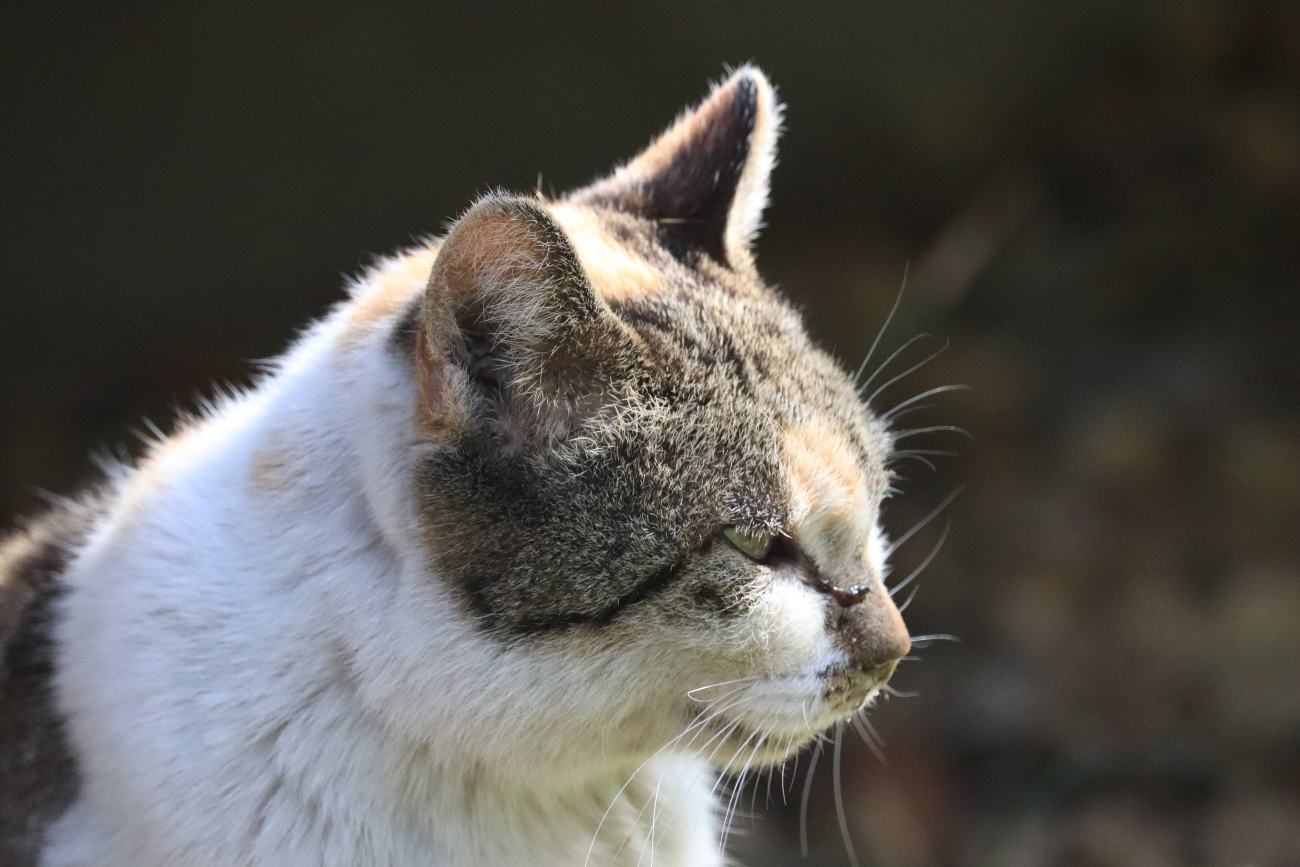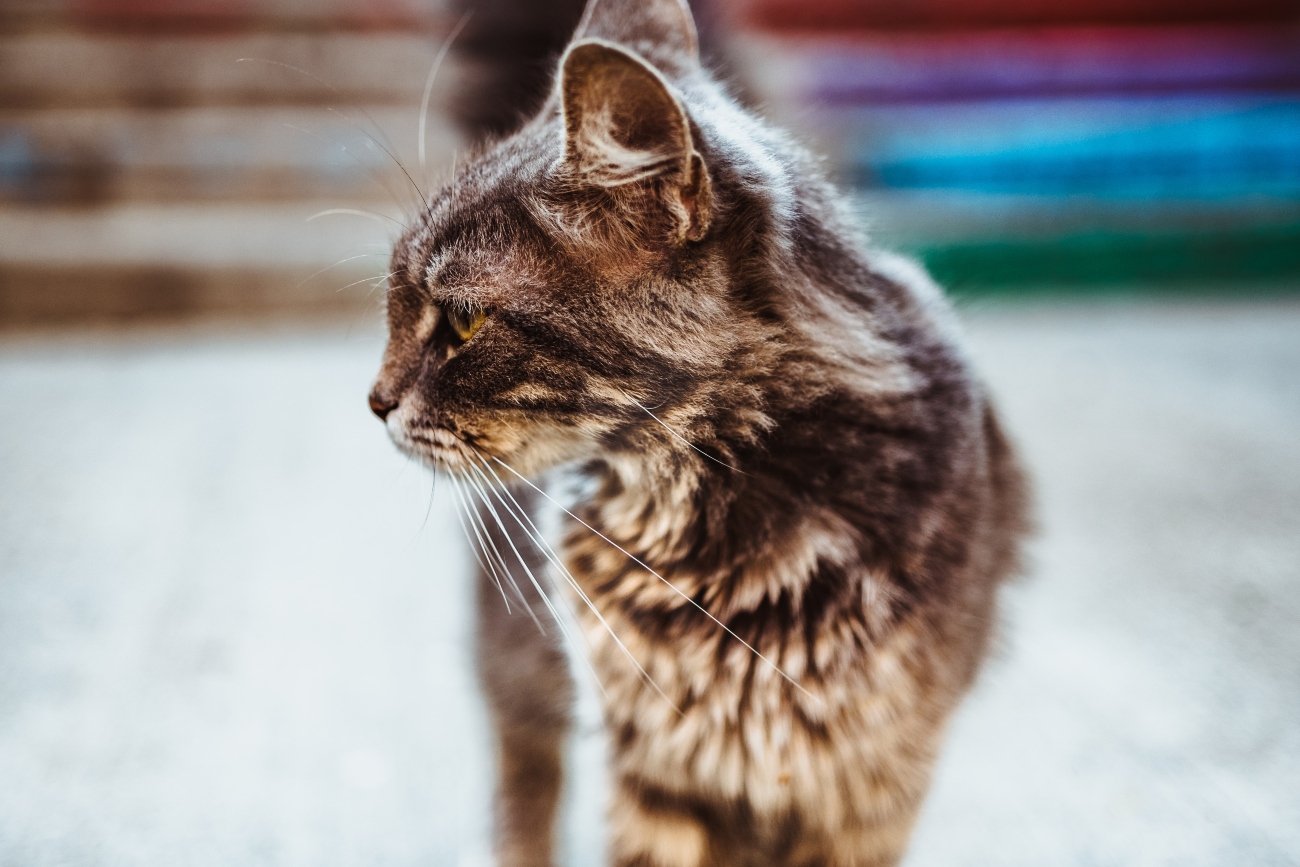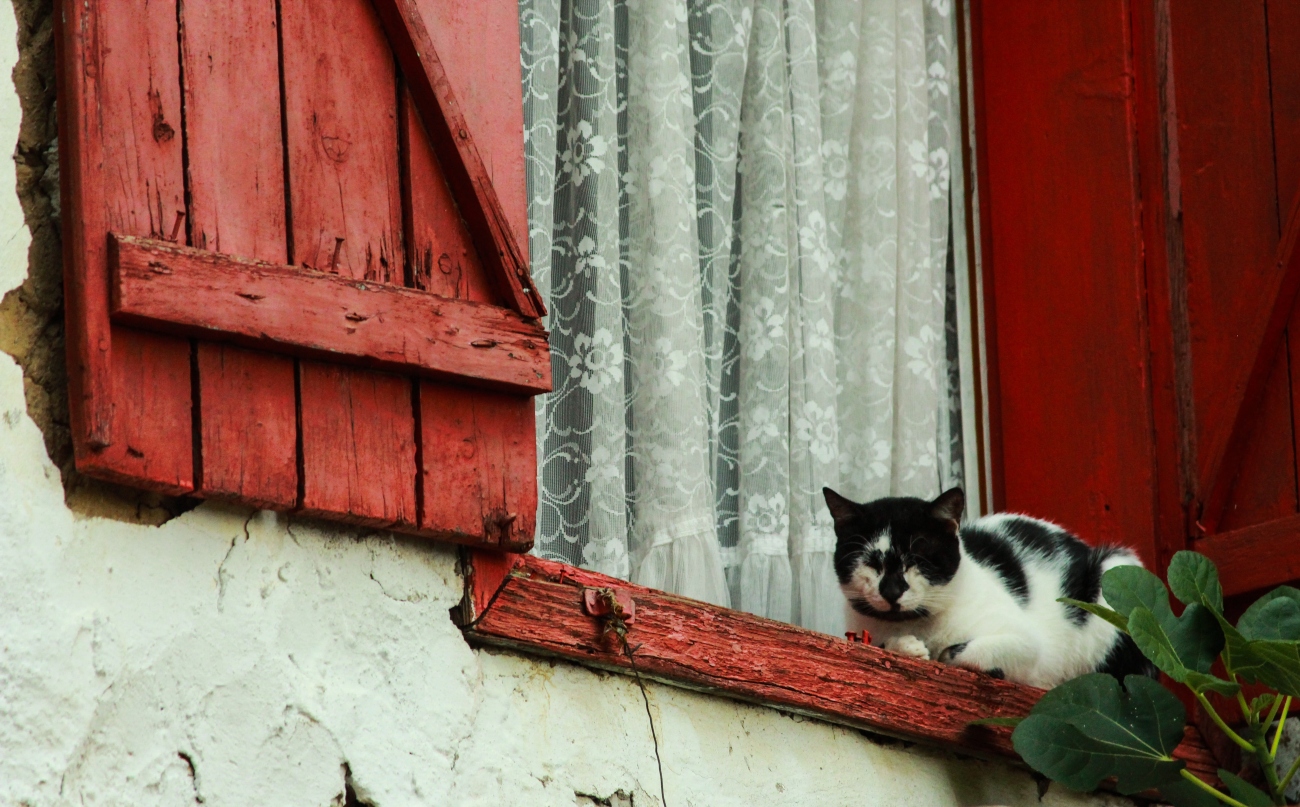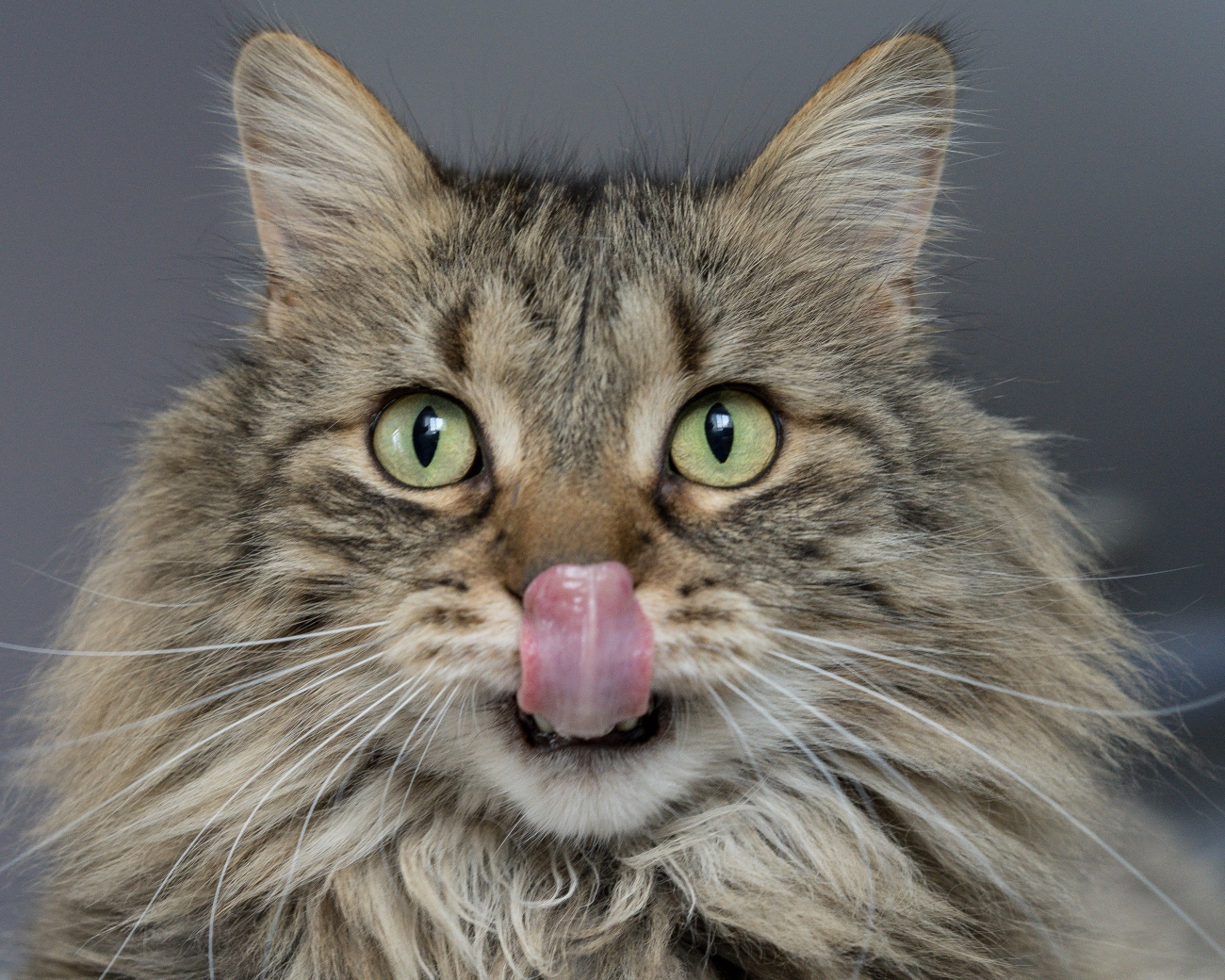
When is the right time to put an older cat to sleep?
6th January, 2022
The hardest decision you will face as a cat owner is when to say that final goodbye. There will come a moment when it's kindest to allow your cat to slip away peacefully – but choosing this moment, and dealing with the emotional fallout from it, can be a complicated business.
Here are some thoughts on when to say goodbye to your beloved pet. Remember that anything you can do to ease your cat's suffering during their final months will be a blessing to them. Given this, some specialist pet insurance for older cats can be very useful in helping to shoulder some of the costs of treatment and medication in those final days.

How will I know when to say goodbye?
This is a really tricky one. Obviously, your cat can't use language to communicate with you about how they are feeling. Nonetheless, knowing them as you do, you may be able to interpret certain signs, and know when they are in pain or distress. You may also want to talk through their situation with your family and friends, or with the vet.
The important thing is to think about what's best for your cat. If they do seem to be in pain, and your vet believes that things won't improve, the kindest thing to do may be to relieve them of that pain sooner rather than later.
Another benefit of visiting the vet as soon as you are concerned is that many of the problems of old age in cats – arthritis, for example – can be treated. You'll find some further advice on looking after cats with arthritis elsewhere on our blog. That treatment may radically improve your cat's quality of life and keep them by your side for months, or even years, more.
And, if you have taken out some pet insurance for older cats, there may even be financial assistance towards the cost of treatment or special diets that they need.
What things should affect my decision?
Your decision should be based on your cat’s quality of life. Are they still able to live like a normal cat and enjoy each day?
Signs that your cat may be in distress include:
- Incontinence (You may also want to read about how to cope with older dog incontinence if you happen to own a senior dog too)
- Avoiding physical contact
- Difficulty breathing
- Reluctance to go outside
- Not eating or drinking
- Vomiting
- Disorientation, confusion, shaking or falling over
- Crying
It can be hard to know exactly how much pain or distress your cat is in – they may just sleep more than usual to cope with the pain, for example. Some of their changing behaviours may simply be common cat tricks for adapting to old age. Given this uncertainty, it's a good idea to have some kind of time frame in mind, including a final date by which – unless things have improved – you will finally put your beloved companion to sleep.

How can I get ready to say goodbye?
Of course, this is going to be an emotional time for you, as well as other family members and anyone else who was close to your cat. Some good preparatory steps include taking time off work to come to terms with your loss, and bringing a friend or family member along on the day for some moral support. Some vets may even be able to carry out the procedure at your home, so you can say goodbye to your cat in safe, familiar surroundings.
If there are children who will be affected, they will need some emotional support at this difficult time. It's important to be honest and open with them about your decision. If they are old enough, meanwhile, it can be very helpful for them to be involved in that decision.
What will happen on the day itself?
Before they put your cat to sleep, the vet will ask you to sign a consent form.
They will also ask whether you want to be present or not. It can be distressing to watch but remember, your cat will lose consciousness as soon as the anaesthetic is applied, and won’t feel any pain after that.
The euthanasia itself will be via an overdose of anaesthetic – typically into a vein in the front leg.
While a nurse holds your cat, a small section of fur will be shaved off to allow the needle to work effectively. Your pet will only feel a small prick – the injection itself is completely painless. They will then feel dizzy for a few seconds before falling unconscious.
Be aware that the eyes will typically remain open, and they may sometimes empty their bladder.
The PDSA describes what happens to your pet afterwards. There are various options such as
cremation or a home burial. Take some time to think about what would be best for you - perhaps you’d like to take the ashes with you if you move house? Therefore cremation might be your preferred option.

Is getting another cat a good idea?
Only you will know if and when you feel ready to get emotionally involved with another pet. Many people will find it a great comfort to get another companion to replace the one they have just lost. In particular, having a new pet to love and fuss over may help any children in the family to deal with their loss a little better.
Just be aware that your next cat will probably be a quite different animal to the one you have lost. But, while still fondly remembering your old friend, you can nonetheless build up just as strong a bond with your new pet.
If you do decide to take on another older animal, remember to get pet insurance for older cats in place from the moment you welcome them into your home.
Pet insurance, for every stage of your cat's life
During the final few months of your cat's life, vet's bills and medication costs can mount up as you seek to provide your beloved pet with the very best care. Our pet insurance can help with some of these costs.
Contact us to get a quote today.